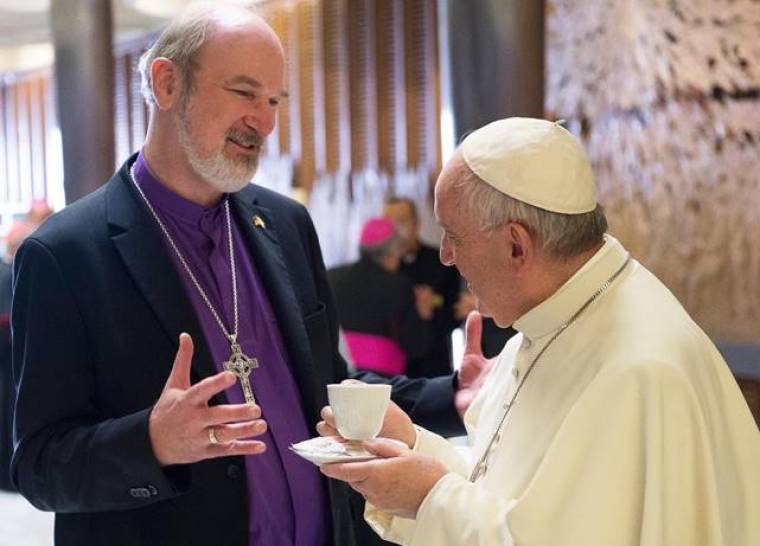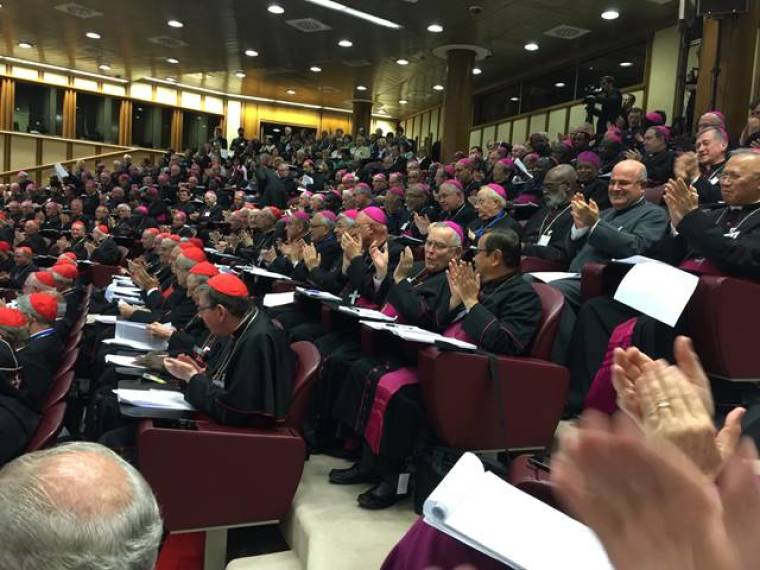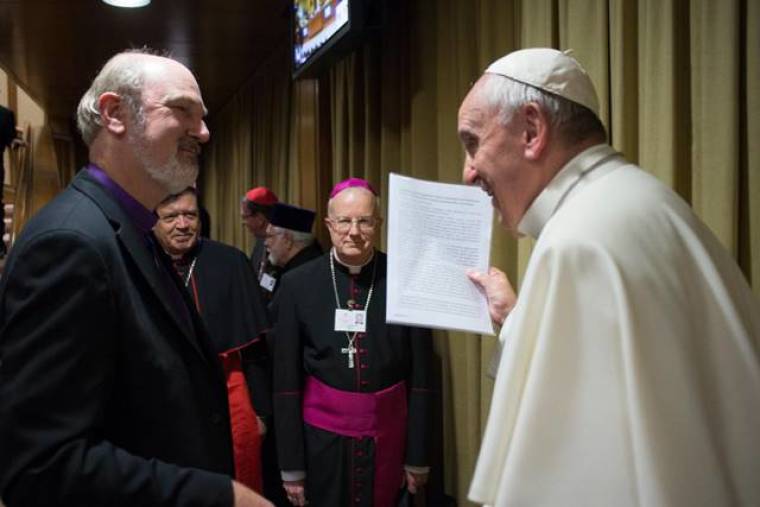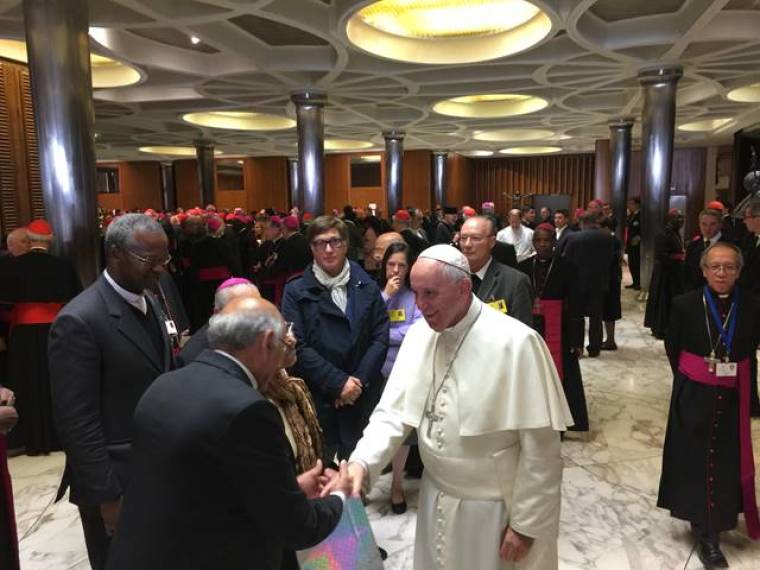Inside the Vatican Synod on Family: Catholic, Evangelical, Orthodox Working Together (Day 18-21)
Editor's note: The Christian Post has arranged with noted evangelical Dr. Thomas Schirrmacher, an expert on and friend of The Catholic Church, to provide exclusive and rare coverage of the World Synod of the Catholic Church scheduled for October 3-24.
This Vatican Synod is generating great interest among Catholics and Evangelicals alike as Pope Francis continues to make overtures for increased cooperation with Evangelicals to protect religious freedom in a world of increased persecution of Christians.
Schirrmacher is president of the International Council of the International Society for Human Rights und Ambassador for Human Rights and executive chair of the Theological Commission of the World Evangelical Alliance, the largest evangelical association in the world.
Only one evangelical was invited to this year's three-week Synod: Dr. Schirrmacher. Below is his exclusive CP blog post from this historic meeting:
October 24, 2015
The synod had some time off, as a committee now is trying to implement all propositions and changes into a final text. There was a first draft already, which was discussed in plenary for three hours, even though most delegates gave their comments in writing.
During the free time I flew back to Germany, as in Berlin my wife and I had a full day of lectures to the Catholic and Orthodox chaplains within the German army. The topic was "Religion and violence." We spoke about islamism, the growing persecution in the Middle East, but also "religious nationalism," that is the growing ideology worldwide, that a nation is defined by a religion: In Sri Lanka you have to be Buddhist, in India Hindu, a Turk is a Muslim, a Hungarian is a Christian.
The fact that two Evangelical scholars speak to the yearly plenary of the non-Protestant chaplains reflects the changing situation on a national level, which are also reflected here in Rome on an international level.
The joint document "Christian Witness in a multi-religious World," signed by the Vatican, the World Council of Churches and the World Evangelical Alliance, among others had two effects: in many nations Catholics see Evangelicals less and less as a sect one should bypass and more and more as a valid partner, convinced of its differences, but willing to serve the larger church. The fact that Pope Francis asked for forgiveness from Pentecostals and Evangelicals enlarged this effect. And I can tell you: when those chaplains invite us to a lecture they do not look for some nice words of greeting, but the look for expertise coupled with a sober and bold statement of our Evangelical perspectives.
Back in Rome, we are waiting for the final document, which will be read aloud for 2-3 hours (see my first blog, day 1) and then be voted on paragraph by paragraph, approximately 100 paragraphs in all. It takes some endurance to watch this and wait.
No one here has a real idea what the majorities will be. There are not two or three party lines, but a delegate might be "conservative on one issue and "progressive" on the other. And the problems are more between whole continents than with theological schools.
The Pope already announced that he will change the Pontifical Councils for Family and for Laity into a Congregation. A council here in the Vatican has no place in the hierarchy itself. A congregation is like a ministry in other governments. So the head of this new congregation will become one of the Pope's ministers and thus the topic of marriage and family will sit at the ruling table from now on, lifting laity to a much higher importance in the Catholic Church than has been the case so far.

























